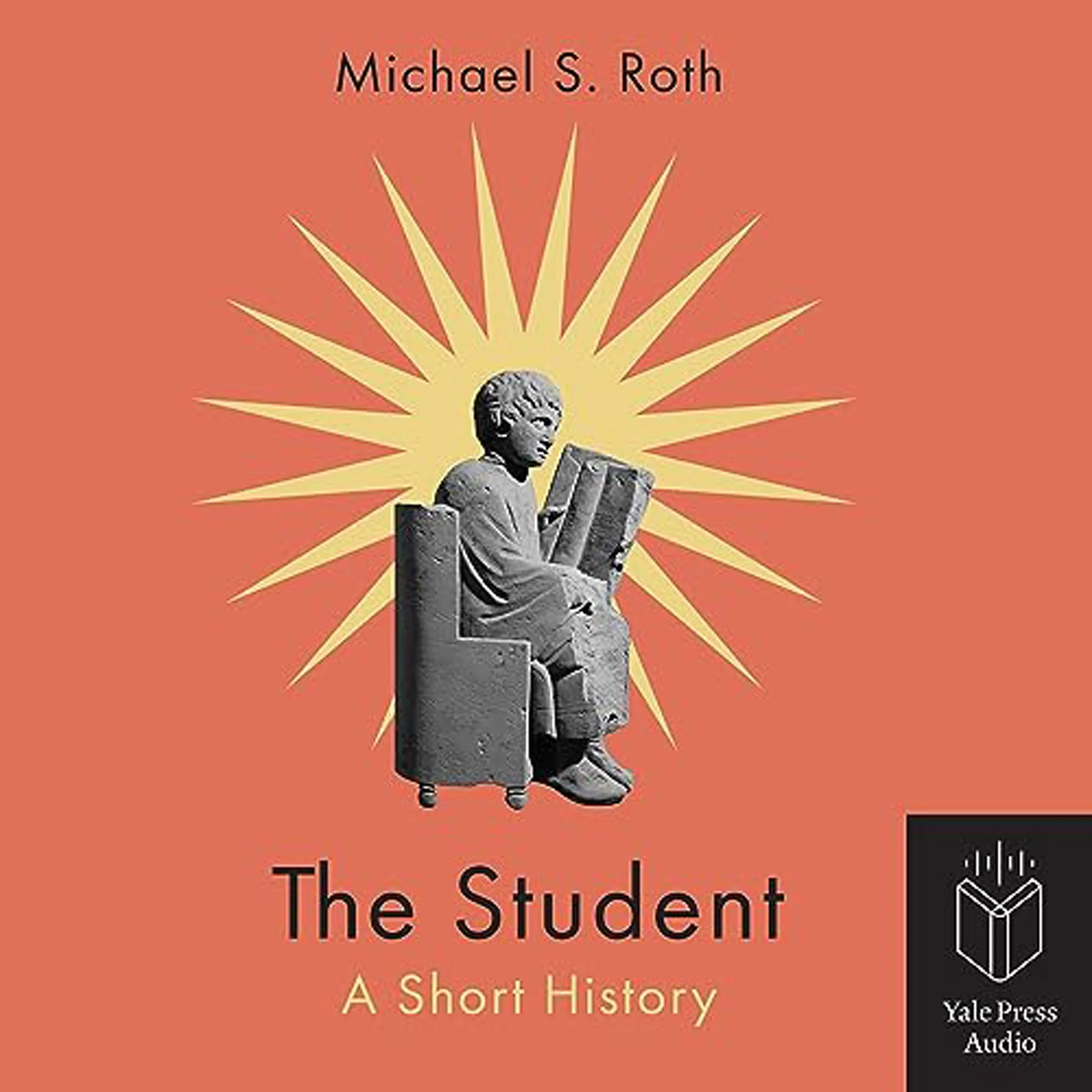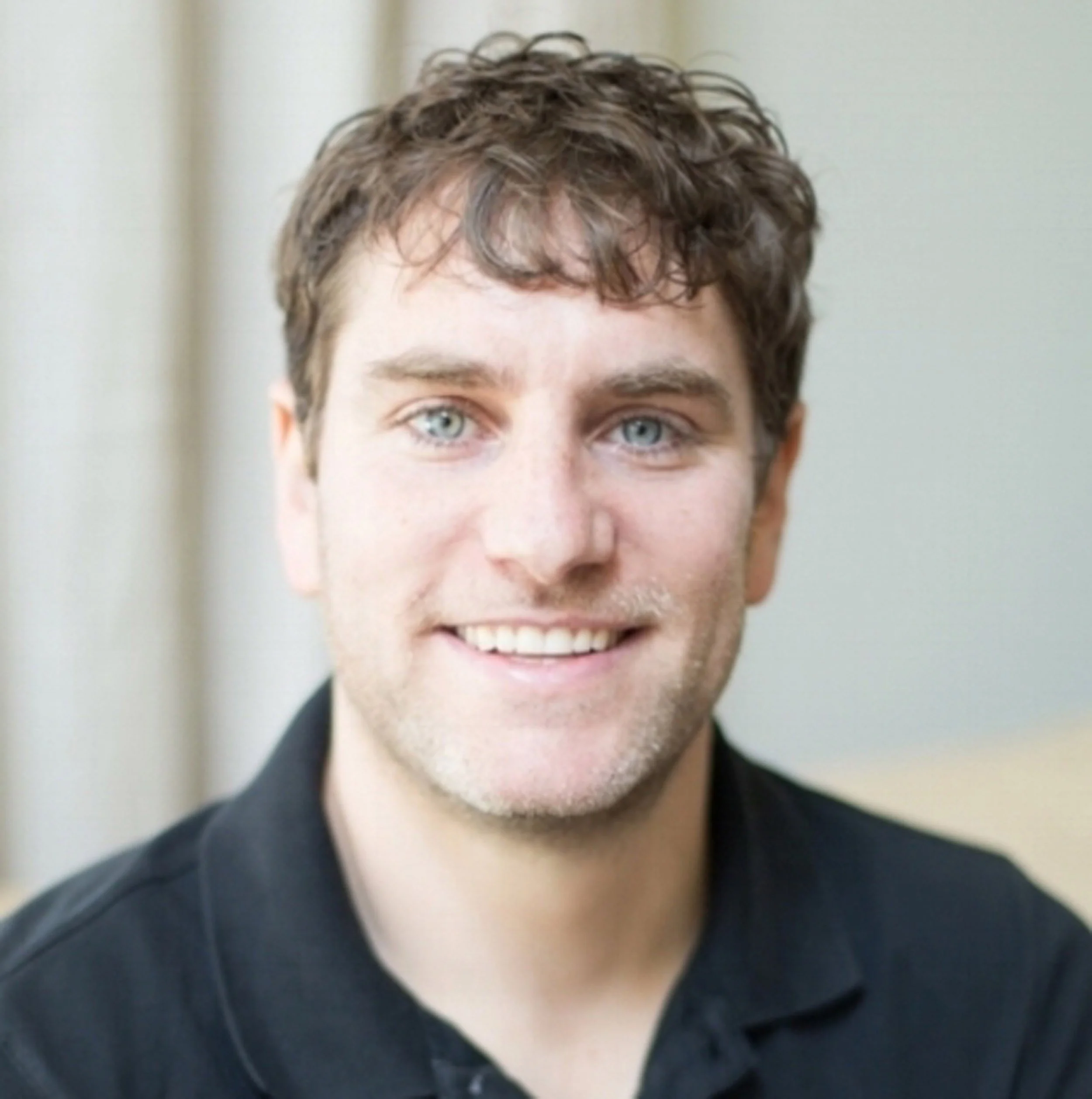What distinguishes our consciousness from AI & machine learning? Highlights: LIAD MUDRIK - Neuroscientist, Tel Aviv University
/Neuroscientist · Principal Investigator Liad Mudrik Lab · Tel Aviv University
So when I say that I am a conscious creature, I mean that I don't only analyze information about the world, or not only even respond to the world because you can think about, your thermostat response to the world, but when I sense the world, I don't only process information. I also have a qualitative experience, adopting Thomas Nagel's famous title of his paper. It feels like something in his case to be a bat. In our case, to be me. It feels like something to drink coffee, right? So the question is what allows us as human beings not only to process information but also to experience it? And this is what we are trying to understand, basically. And I should say, I said us as human beings, but I think that animals also have such conscious experience.
So to what extent does our cognition affect perception itself? And I belong to those researchers who think that it does. We are affected by what we expect to see. And sometimes we even perceive the expected as opposed to the world as it is. That also pertains to day-to-day life, to politics, to the reality you construct for yourself. So the brain is an amazing, amazing piece of machinery. And one of the things that it does best is to create these narratives. into which we project ourselves. So it creates a model of the world.



















